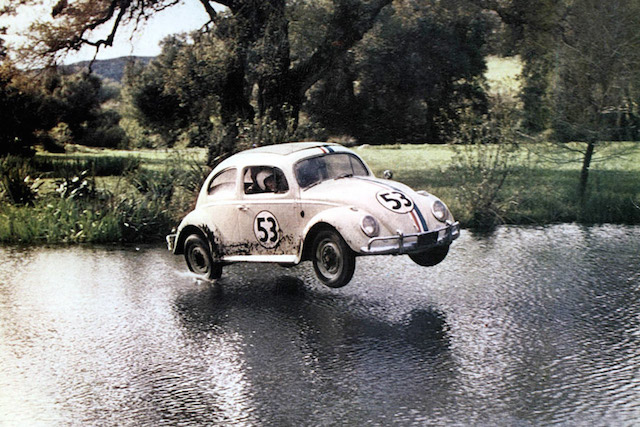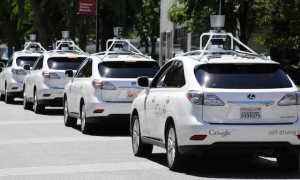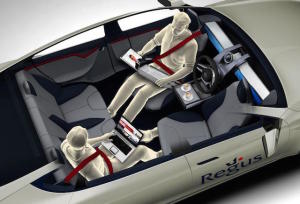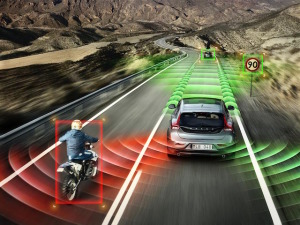
Driverless cars will do more daily trips than cars with drivers and thus consume more energy, says a study by researchers at the University of Michigan.
The finding puts into reverse an ongoing trend in most developed countries towards declining fuel use, and comes as carmakers and high-tech companies continue to develop robot cars.

The researchers say a self-driving car would be used to run more daily errands, doubling up on trips to finish the same tasks: take the kids to school, return home to pick up dad for work, return home again to take mum to work, take gran to the opticians, take gran home, pick the kids up from school, pick up mum, pick up dad … then start the cycle all over again the next day.
The study, by Brandon Schoettle and Michael Sivak of the University of Michigan Transportation Research Institute, cites the US National Household Travel Survey, which found that in most US households each adult commutes, runs errands and shuttles the kids separately.

Even more trips back and forth will be made by those who don’t drive or aren’t licenced and choose to share a self-driving car. “It could be that sharing the vehicle ends up increasing the mileage because of all these connecting trips,” Schoettle said.
“The net effect is probably going to be an increase in mileage, and in general the more miles you drive the more fuel you burn.”
Increased sharing, says the study, could mean Americans would own 43 per cent fewer cars but use them 75 per cent more.
Americans now own 2.1 vehicles per household and do an average 18,800km in each one each year. Schoettle’s and Sivak’s calculations say driverless cars would reduce ownership to 1.2 vehicles per household and boost annual use in each one to 33,000km.

But, on the other hand, says the study, such cars might prove to be better at saving fuel: unlike humans they wouldn’t waste it flooring the accelerator and slamming on the brakes; they’d be better at avoiding traffic jams and red lights, and would find parking spots quicker.
A separate study last year by researchers at the University of Texas at Austin found that ride-hailing apps like those offered by Uber Technologies could make sharing more efficient.
“Shared autonomous vehicles” could use 12 per cent less fuel and release 5.6 per cent less climate-warming gas than average cars, it found.
Self-driving cars are guided by sensors and satellite positioning. Big-name companies are racing to be first, among them: General Motors, Google, Mercedes-Benz, Volvo, Volkswagen Group, Toyota, Honda, and now computer giant Apple.
But the race has intensified since Beijing-based search-engine company Baidu said it could have a robot car on the road this year.
